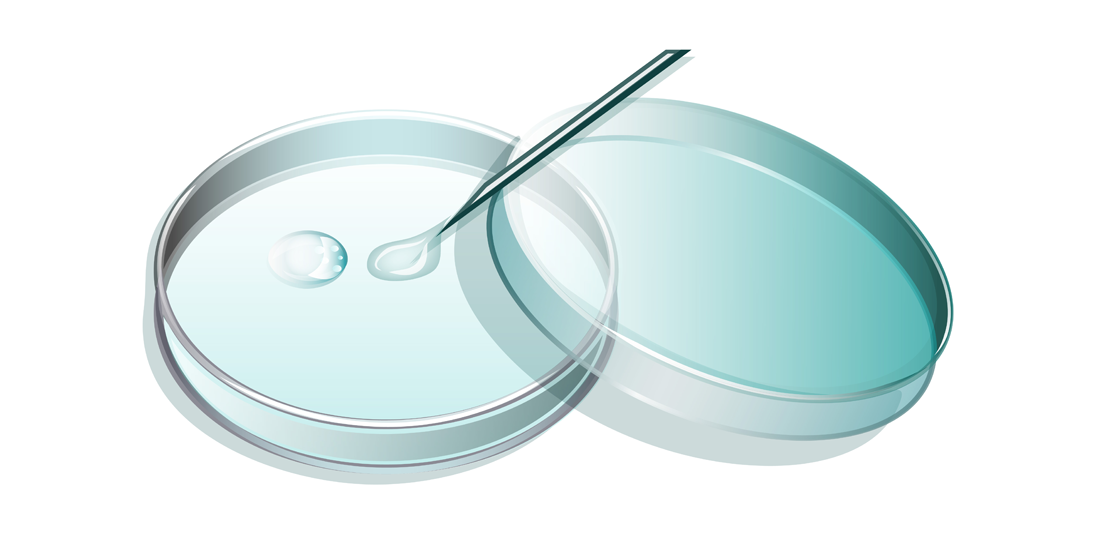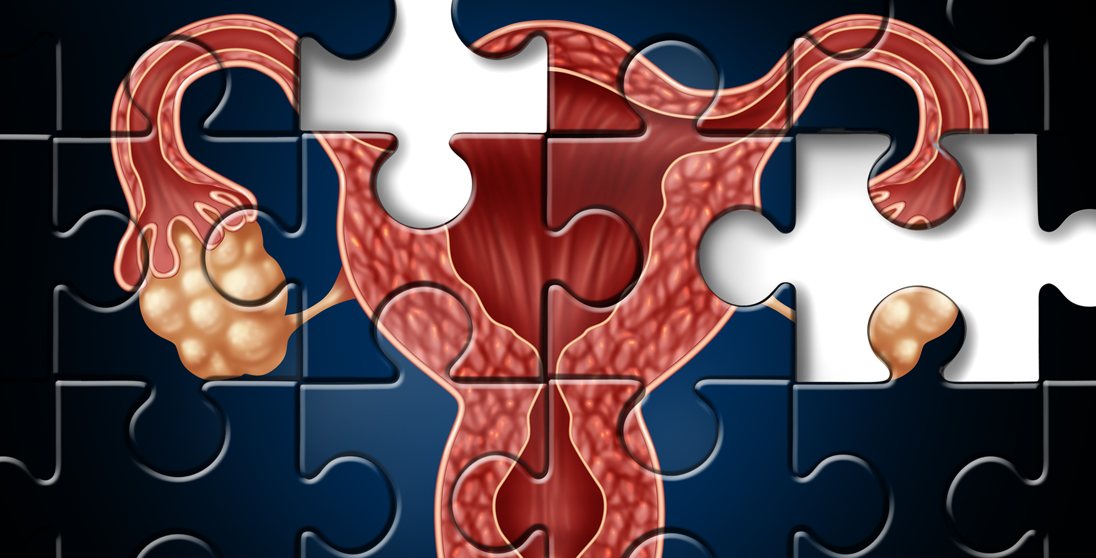


IVF and Immunology
Immunotherapies aimed at improving the likelihood of live birth in IVF treatment have largely proven to be ineffective


In an effort to improve outcomes of In Vitro Fertilization in general and in patients with recurrent implantation failure and/or pregnancy loss, adjuvant immunotherapies have been introduced into IVF treatment cycles. The rationale behind using these therapies is that they may correct an immunological imbalance resulting in improved and sustained implantation of the developing embryo, ultimately leading to an improved live-birth outcome.
Unfortunately, many immunotherapies lack robust evidence from well-designed controlled trials to support their use. The reviewed immunotherapies are either not associated with improved live-birth outcomes in IVF or have been insufficiently studied.
Summary:
- There is good evidence to recommend against the routine use of low-dose aspirin to improve the outcome of live birth in IVF.
- There is good evidence to recommend against the routine use of corticosteroids to improve the outcome of live birth in IVF.
- There is insufficient evidence to recommend Intravenous Immunoglobulin (IVIG) administration as part of IVF to improve IVF outcomes.
- There is insufficient evidence to recommend an intrauterine infusion of autologous peripheral mononuclear cells before embryo transfer to improve IVF outcomes.
- There is insufficient evidence to recommend immunosuppressive drug treatment to improve IVF outcomes.
Recommendations:
- Immunotherapies are either not associated with improved live-birth outcomes in IVF or have been insufficiently studied to make definitive conclusions regarding benefits and risks.
- There is no evidence to suggest screening for immunological conditions in an asymptomatic population considering IVF treatment.
Conclusion:
Immunotherapies aimed at improving the likelihood of live birth in IVF treatment have largely proven to be ineffective or have been insufficiently investigated to make definitive recommendations for their use.
Meet Your Doctor

- Dr. Polansky received his medical diploma from Charles University in Prague, the Czech Republic, in 1978.
- After completing his OB/GYN residency at Jewish Hospital in Saint Louis, MO, he graduated from the Reproductive Endocrinology and Infertility (REI) fellowship at Stanford University in 1985.
- In the same year, he co-founded the Stanford IVF Clinic.
- Dr. Polansky obtained board certification in Obstetrics and Gynecology in 1986 and became REI subspecialty board certified in 1988.
- In 1987, he left Stanford University and established Nova IVF.
- In 2011, he founded Bay IVF, where he provides advanced fertility treatments with a holistic approach, utilizing state-of-the-art techniques.
- Dr. Polansky personally performs ultrasound examinations, egg retrievals, embryo transfers, and ovarian and endometrial stimulations for his patients.
- He is deeply committed to his patients and freely shares his cell phone number, ensuring accessibility and availability 24/7.
Frank Polansky, M.D.



Initial Appointment Questions
When you call to schedule your consultation, one of our Front Office Coordinators will ask you a short series of questions regarding your reproductive history.
Your Initial Visit at Bay IVF
Attending a new patient appointment at a fertility clinic can be stressful. Our primary objective is to ensure that your initial visit is friendly and relaxing. We encourage you to ask questions at every step of the process.

1 — When You Arrive
You will be welcomed by one of the clinic receptionists. One of our nurses will measure your height and weight and take your blood pressure

2 — Meet Your Doctor
Dr. Polansky will ask you a series of clarifying questions and then provide you with a summary of the factors contributing to your infertility

4 — Exam Room
One of the nurses will escort you to an examination room. Your examination will begin with listening to your lungs and heart

3 — Ask Your Questions
You will then have a discussion with him about the most suitable reproductive treatment(s) for you. During this time, you will have the opportunity to ask any questions you may have

5 — Ultrasound of the Ovaries
The next step is a pelvic ultrasound to examine the uterus and ovaries. This ultrasound will help determine the number of antral follicles present within the ovaries

6 — Financial Part
Following that, you will have a discussion with one of the financial advisors regarding the financial aspects of your treatment, including potential treatment financing options

8 — Support 24/7
If you have any questions after leaving the clinic, please feel free to reach out to us via phone call, text, or email. Open and discreet communication is an integral part of the care we provide at Bay IVF

7 — What About Time?
Your entire visit is expected to last approximately one hour


Schedule Your Initial Consultation With Dr. Polansky
Online (no cost) or In-Person
Call or Text Us: Call or text us at 📞 650 322 0500
You can also complete the form below to request your initial consultation.


We look forward to meeting you at Bay IVF and, when your treatment is successful, celebrating your new pregnancy!








